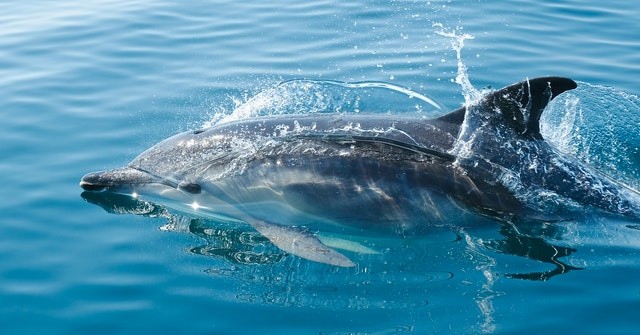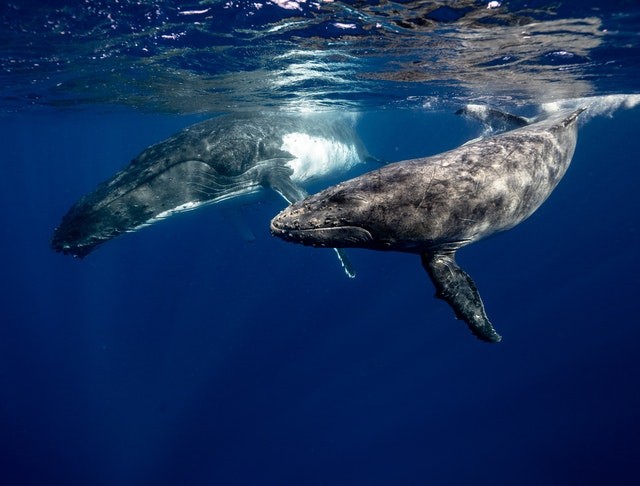40 long-finned pilot whales deserted on a remote beach were successfully refloated by hundreds of people in New Zealand who worked together. They carried the animals back to the open water.
The whales didn't glide out into the deeper ocean, still, some conservationists are nervous that the animals may bring themselves back to the beach the second time. New Zealand government published disturbing news.

40 Whales Stranded
The Associated Press from the New Zealand government disclosed that on the 22nd of February, Monday morning, the 40 whales originally stranded on South Island, on Farewell Spit with other nine whales that lost their lives during the desertion.
The officials worked with the marine rescue team Project Jonah and the locals to look after the surviving whales, splashing buckets of water over their skin and making sure their fins weren't hurt under their beached bodies.
The increased wave came in the evening delivering sufficient water for service persons to refloat the whales, spokesperson of Project Jonah Louisa Hawkes explained that to refloat moderately small whales similar to Globicephala melas (long-finned pilots) which are parts of the dolphin family, people regularly waterproof tarps to gradually move the animals into open water and enable them to regain themselves before swimming away.
The Associated Press
The National Oceanic and Atmospheric Administration (NOAA) revealed that generally speaking, the whales can grow to around 5.7 - 76 meters (19 feet to 25 feet) in length and weigh about 1,315 - 2,267 kilograms (2,900 pounds to 5,000 pounds) each. They are not deemed exposed, researchers do not possess sufficient data to specifically determine the long-finned pilot whales conservation status.
The Associated Press discloses that the volunteers didn't point out if they utilized tarps in this rescue, but the whales on Farewell Spit were scattered out on the beach.

The Heroics of the Whale's Rescue Team
The team initially gathered the animals into a pod, approximately 200 people then created a boundary at the shoreline and steered the pod into the ocean, when the whales got quite deep, boats started patrolling the shore to stop the whales from coming back. Though in the end, the whales didn't paddle away into the ocean, the fear is they may float back again, Everyone is quite optimistic but also very practical.
According to New Zealand's Department of Conservation long-finned pilot whales in New Zealand account for the most mass strandings, where two or more whales strand at once. Often, hundreds of whales can beach themselves at once. For instance, four years ago, two mass strandings had 350 long-finned pilot whales dead on Farewell Spit, while the whale's rescue crew arranged to refloat around 300 others.
Still, researchers are not certain why mass standing happens. But whales' echolocation might not work well near the shoreline, so they might become disorganize and not able to learn their way back into the deep ocean. It's also likely that once a whale strands, others in the pod ensue behind to assist, and end up beaching themselves.
RELATED ARTICLE : WATCH: Secret Feeding Habits of Whales in Antartica Revealed
For more news, updates about whales and similar topics don't forget to follow Nature World News!
© 2025 NatureWorldNews.com All rights reserved. Do not reproduce without permission.





